Damon Landor, a Rastafarian inmate, was subjected to a brutal and unprovoked attack on his religious liberty when prison officials in Louisiana handcuffed him to a chair, held him down, and shaved his head in 2020. This egregious violation of his rights has now reached the Supreme Court, which is grappling with the complexities of this case in a way that has left many observers bewildered.
According to Landor's lawyers, he had kept his vow of not cutting his hair for over two decades, and his locks had grown long enough to fall nearly to his knees. The incident occurred while he was serving a five-month prison sentence for a drug-related crime. The Supreme Court's consideration of this case has sparked intense debate about the limits of religious freedom in the United States.
"I think this case is a perfect example of the Court's inability to provide clear guidance on what constitutes a legitimate exercise of religious liberty," said Ian Millhiser, a senior correspondent at Vox who has been following the case closely. "The Court has made a hash of its religion decisions, and Damon Landor may be the newest victim of that uncertainty."
The case has its roots in the Religious Freedom Restoration Act (RFRA), a federal law that aims to protect individuals from government overreach when it comes to their sincerely held religious beliefs. However, the law has been interpreted in various ways by different courts, leading to confusion and inconsistent outcomes.
"This case highlights the need for clearer guidance from the Court on how to balance individual religious freedom with the needs of the state," said Millhiser. "The fact that Damon Landor was subjected to such a brutal and unprovoked attack on his religious liberty is a stark reminder of the importance of getting this right."
The Supreme Court's consideration of this case has also sparked debate about the role of AI in decision-making. Some experts argue that AI can help identify patterns and inconsistencies in the Court's decisions, while others caution that AI should not be used to make decisions that affect human lives.
As the Supreme Court grapples with the complexities of this case, many are left wondering what the implications will be for society as a whole. Will the Court provide clear guidance on what constitutes a legitimate exercise of religious liberty, or will it continue to struggle with the nuances of this issue? Only time will tell.
The Supreme Court's decision in this case is expected to have far-reaching implications for individuals and institutions across the country. As the Court weighs the competing interests of individual religious freedom and the needs of the state, one thing is clear: the stakes are high, and the outcome will have significant consequences for years to come.
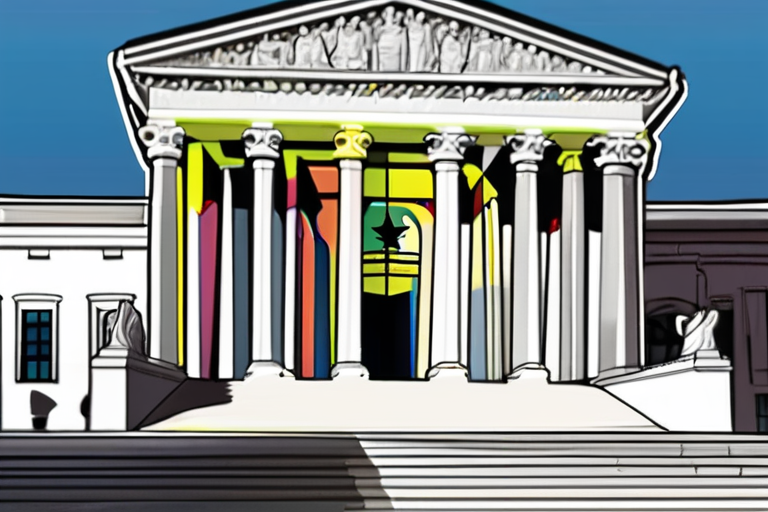


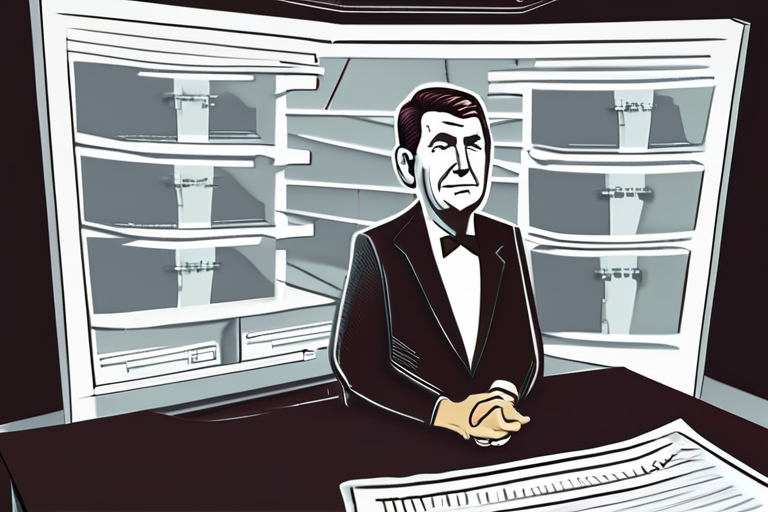
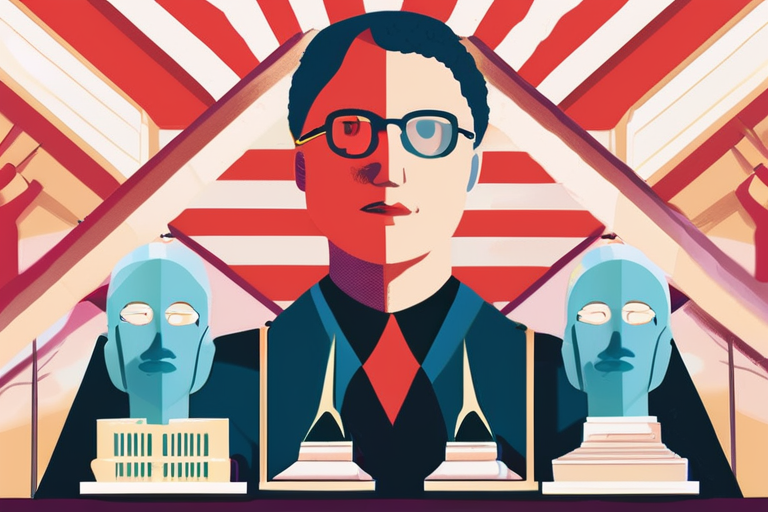

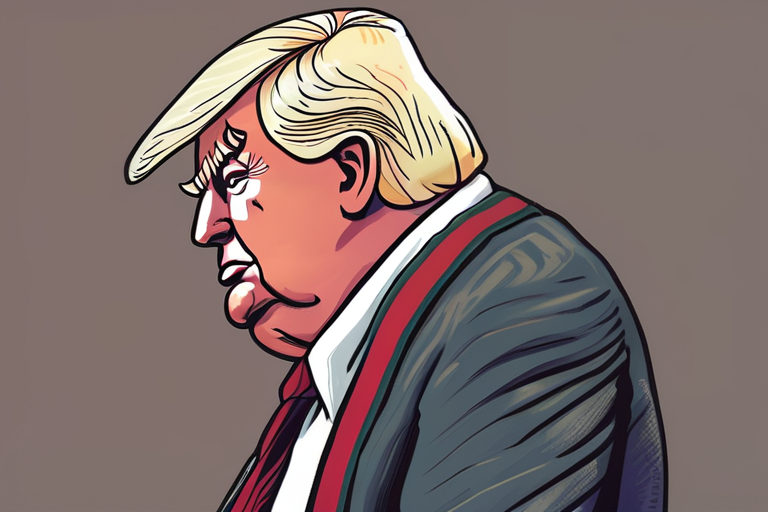
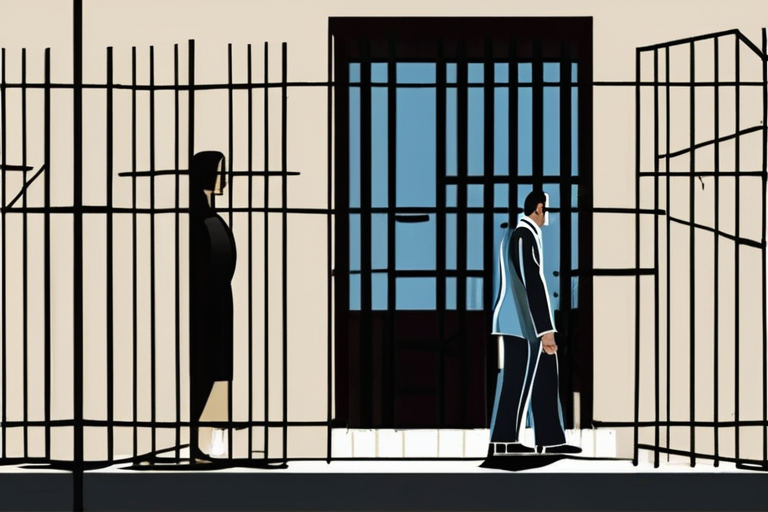
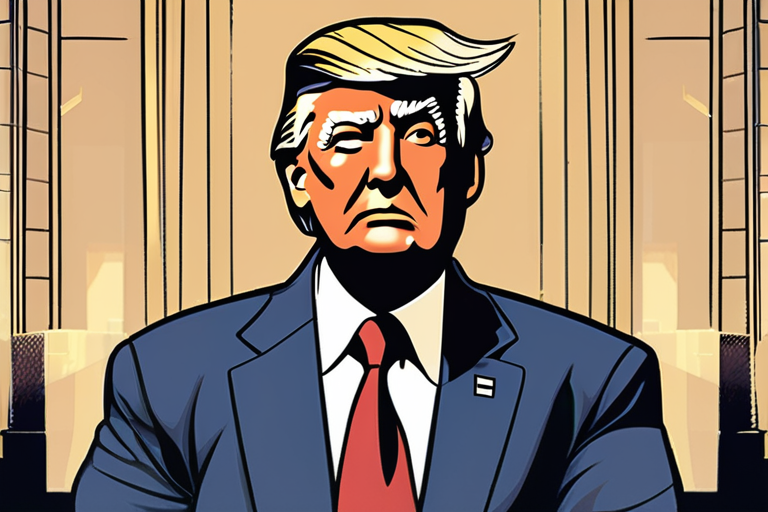
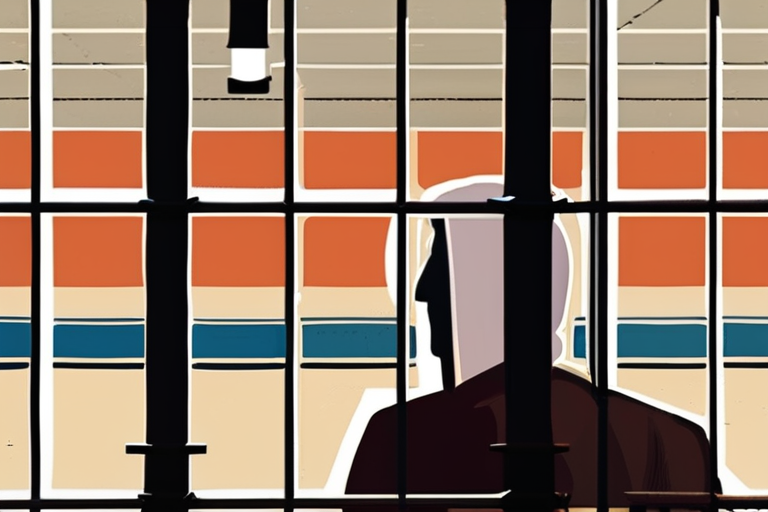
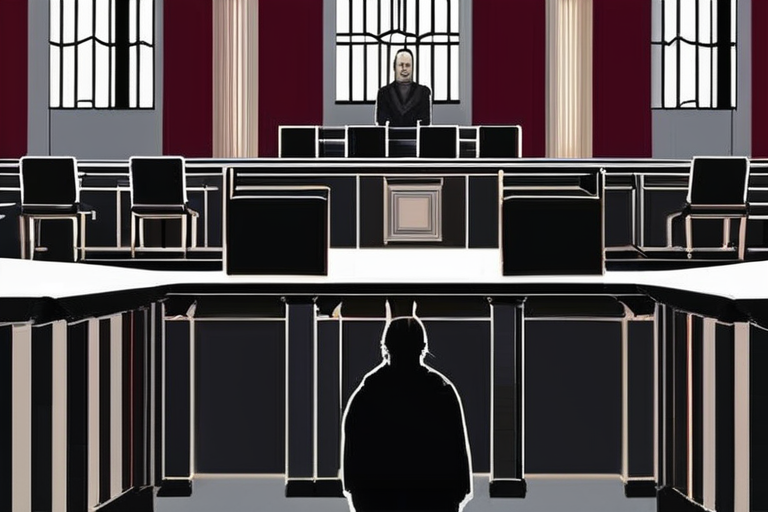
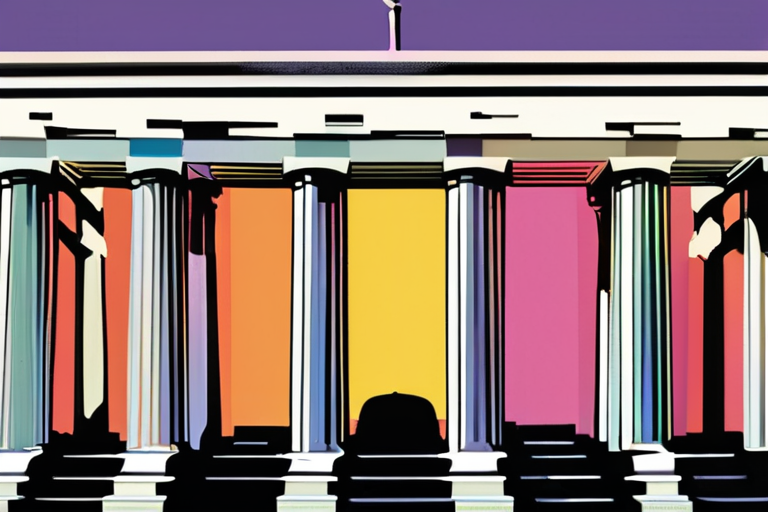
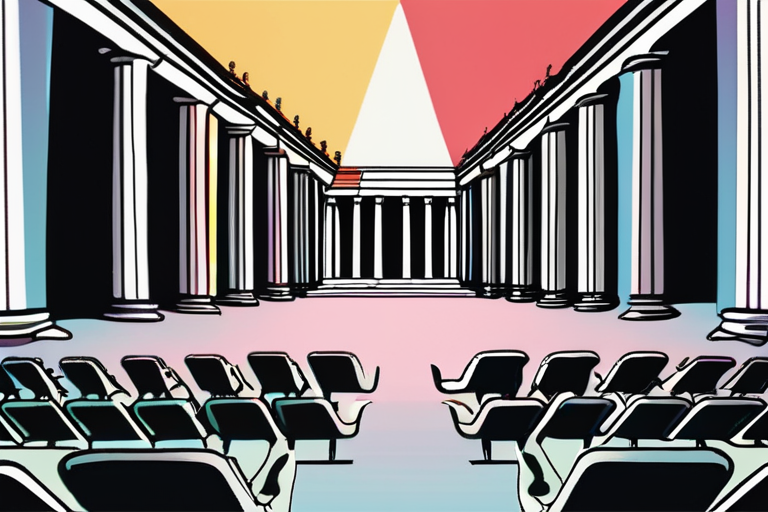
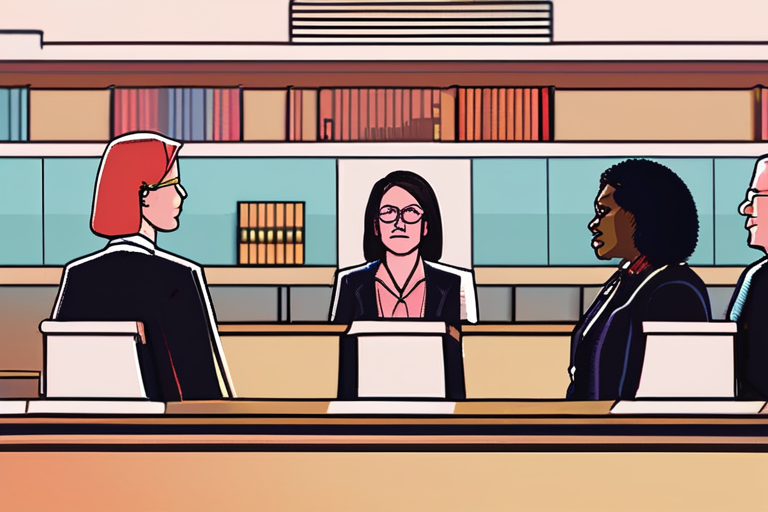
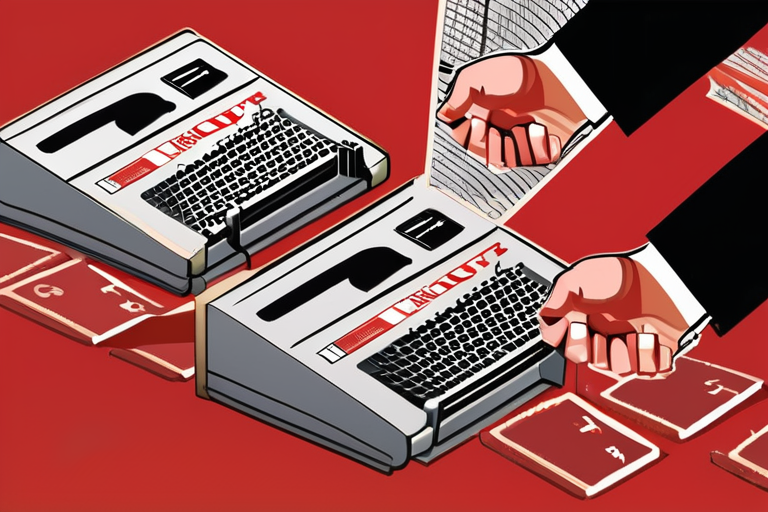
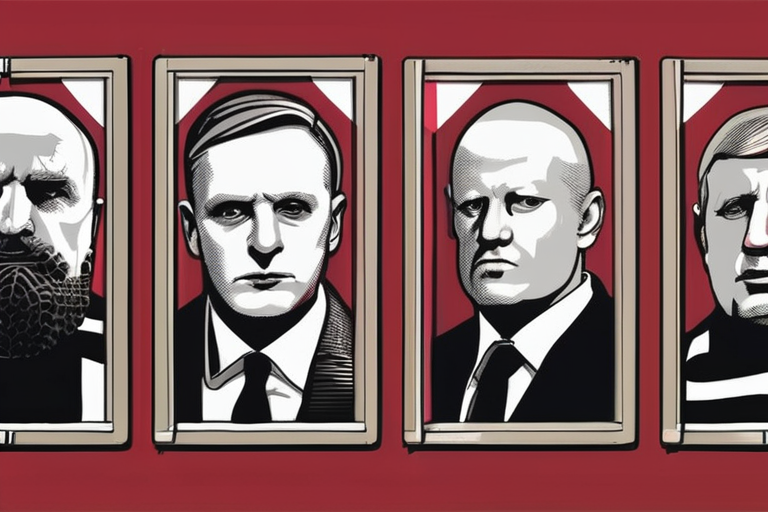
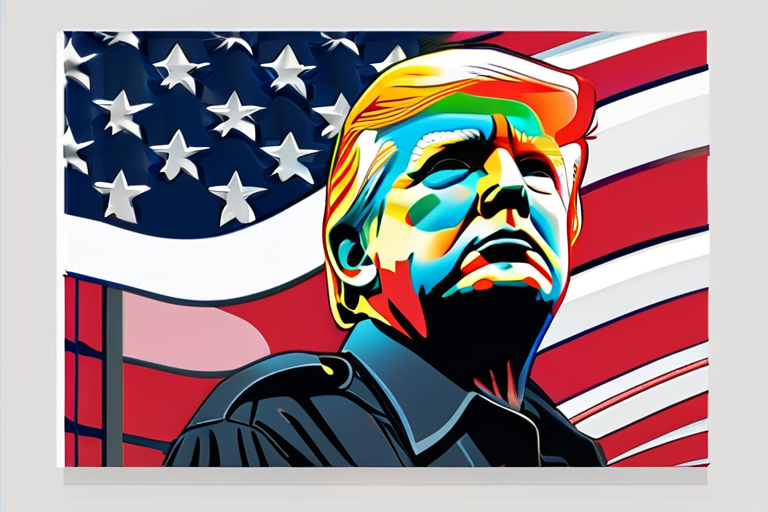
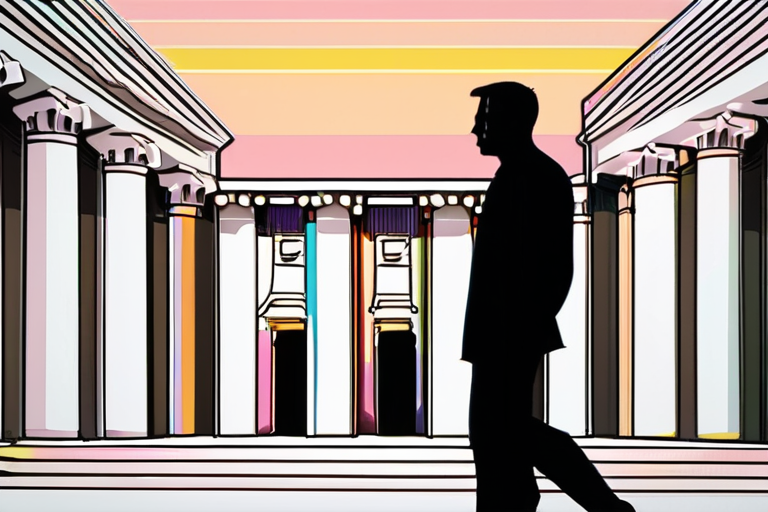
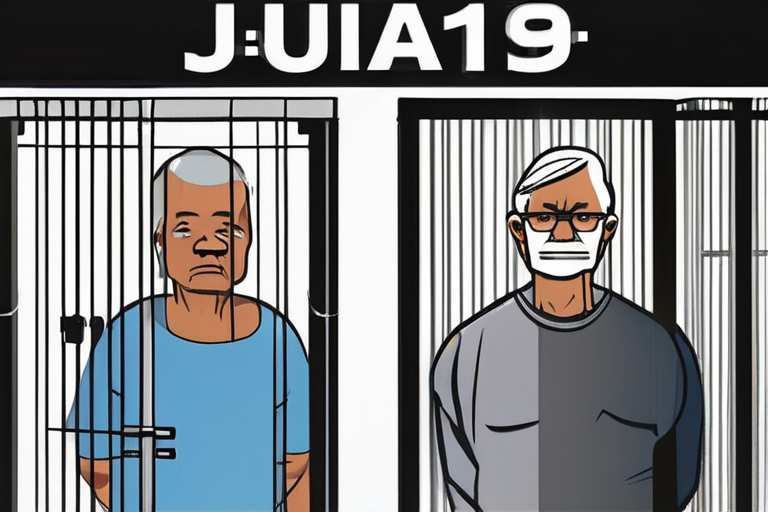
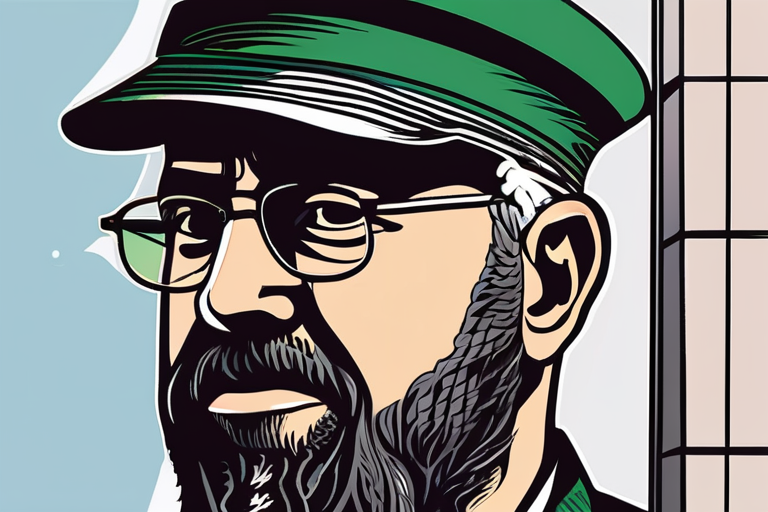
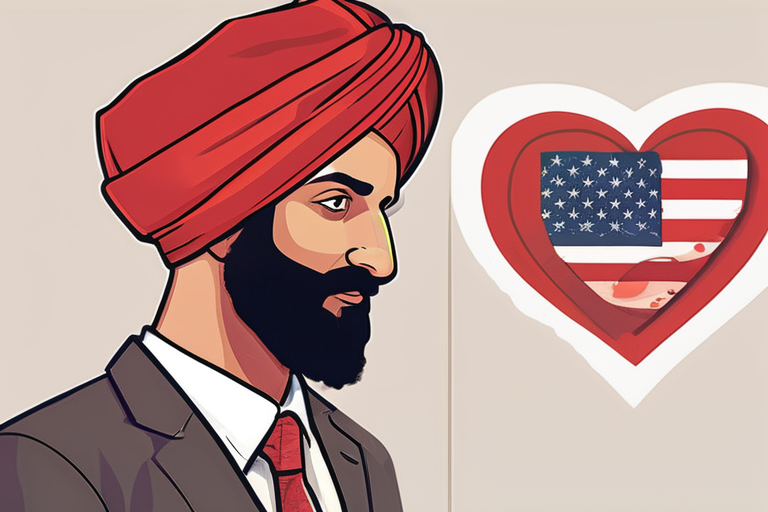
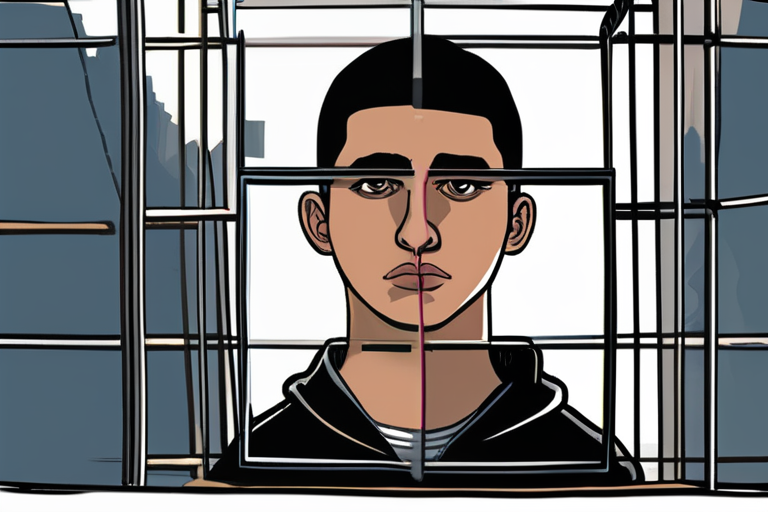
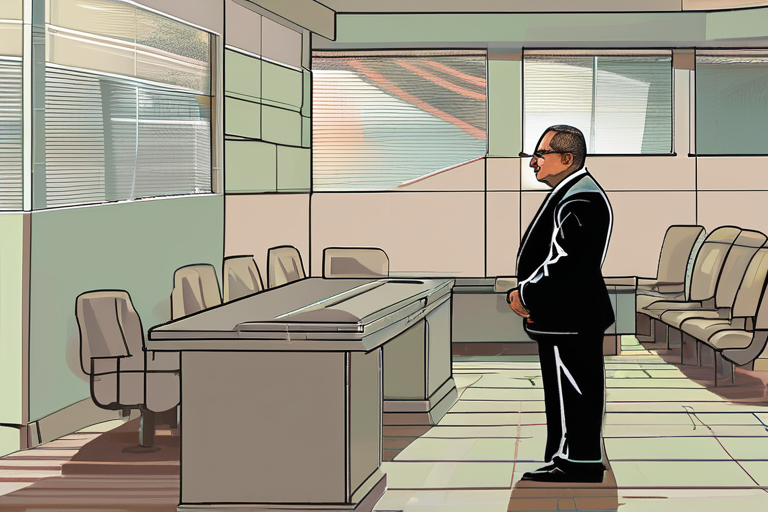
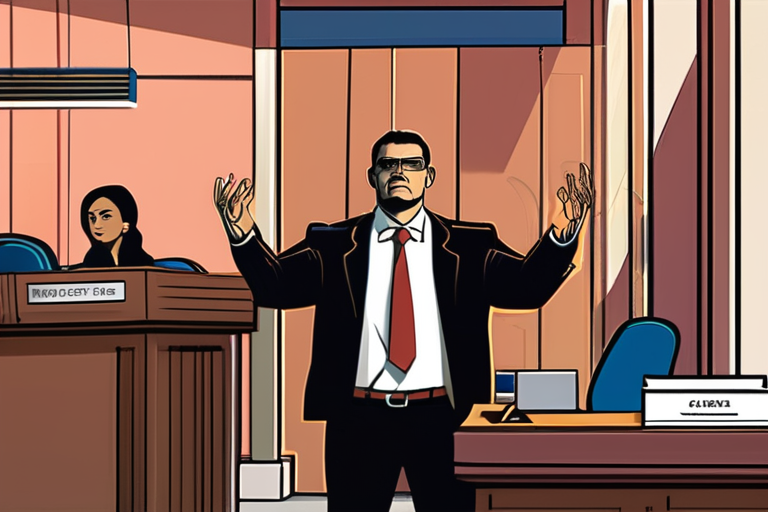
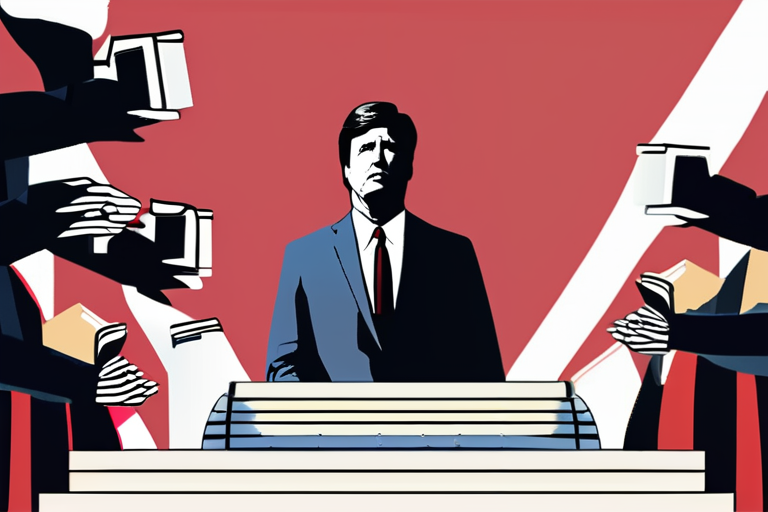
Share & Engage Share
Share this article